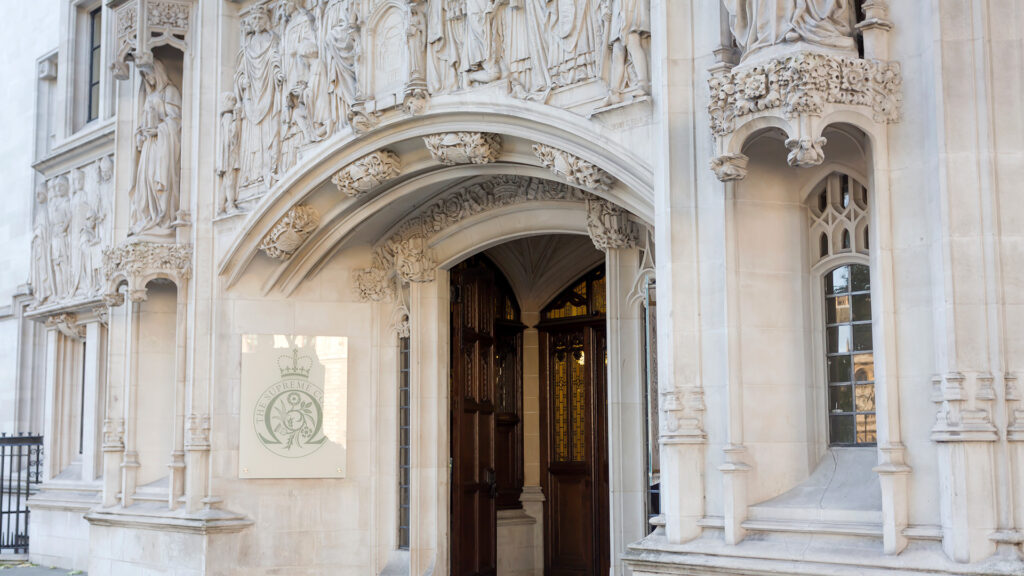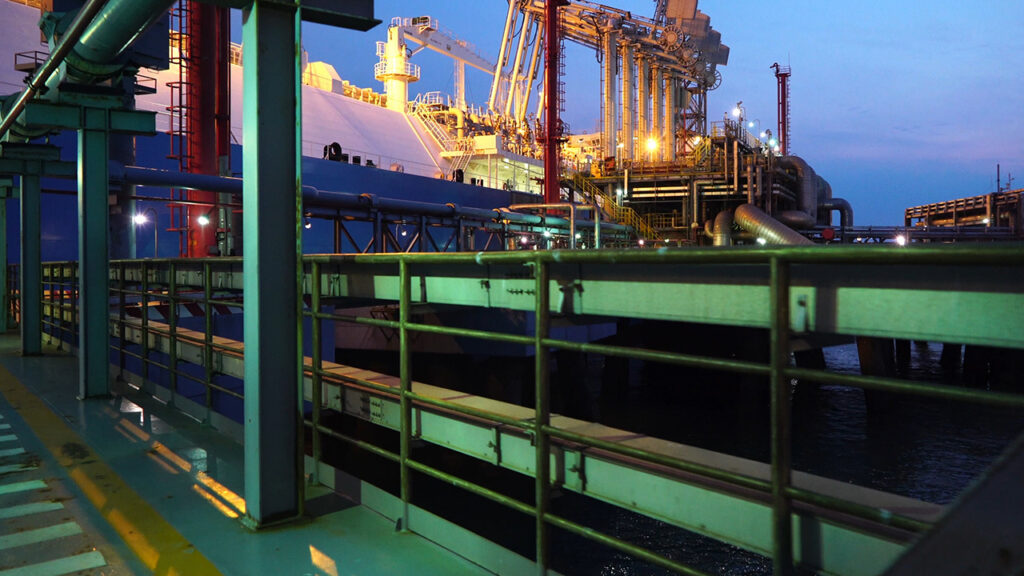.jpg)
A Rare Setting Aside of an Arbitration Award
Background
In the recent case of Mare Nova Incorporated v Zhangjiagang Jiushun Ship Engineering Co Ltd [2025] EWHC 223 (Comm)1, Mare Nova Incorporated as the owners (the Owners) of the bulk carrier INASE (the Vessel) brought proceedings against Zhangjiagang Jiushun Ship Engineering Co Ltd (the Shipyard) under a contract for dry docking and other works (the Contract).
Shortly following the completion and acceptance of the works under the Contract, the Vessel’s crew noticed a burning smell and on inspection found that in the conduct of the works, the Shipyard had damaged the shaft bearing. The Owners issued a notice for arbitration and commenced proceedings. The Shipyard did not participate.
The Tribunal held that whilst the Shipyard was in breach of several general conditions of the Contract, the effect of clause 2.1 (dealing with the quality and acceptance of the Shipyard’s workmanship) and clause 6.3 (addressing limitations on the Shipyard’s liability following redelivery) discharged the Shipyard’s liability for breach of contract as soon as the Vessel left the shipyard. As a result, instead of the US$652,937 claimed pursuant to the guarantee under the Contract, the Tribunal assessed damages due to the Owner at US$298,651.
High Court Decision
Under section 68 of the Arbitration Act 1996 (the Act)2, the Owners challenged the Tribunal’s award in the English High Court on the basis of serious irregularity. The Court noted that the combined effect of clauses 2.1 and 6.3 was never raised in the proceedings by the Owners or the Tribunal. With respect to clause 2.1, the Court found no express or implied wording to suggest a limitation of the Owners’ rights and remedies. The Court also found that clause 6.3 only referred to the Shipyard’s liability as bailee of the Vessel and did not operate to discharge its liability for breach of contract.
As such, the Court was satisfied that the decision caused substantial injustice to the Owners, in that they had lost the opportunity, which had a realistic prospect of success, to persuade the Tribunal that the Shipyard’s liability was not discharged and that the larger damages claim should be allowed.
The Court, obiter dicta, reiterated the correct legal position on contractual interpretation, restating that the Court would require the presence of clear words to rebut the presumption that no party intended to abandon their contractual rights and remedies in respect of a breach of contract by another party.
The award was remitted to the Tribunal for reconsideration. The Owners’ alternative appeal under section 69 (Point of Law) of the Act was dismissed.
Comment
Successful section 68 appeals are few and far between. Nonetheless, this case provides a valuable reminder that whilst courts may be reluctant to interfere with the award of an arbitration tribunal, they will do so in circumstances where the tribunal has not sought submissions from the parties on points it considers for the basis of its award.
Footnote











